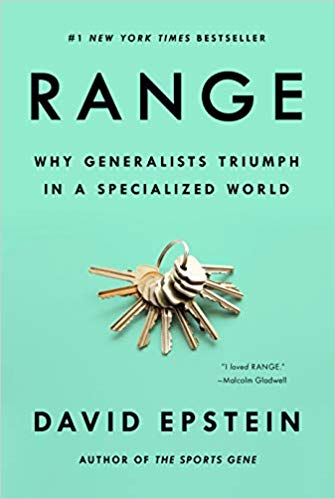Tag: HR Skills
-

Range: Why Generalists Triumph in a Specialized World (Book Review)
I’m a generalist. While I specialize in my career field as a writer, speaker, and researcher, I have to use a wide variety of muscle memory to make that happen (for instance, the skills that help you dig into a large set of data are different than the skills it takes to share that data…
-

Future-Proofing Your Skills for an Automated Workplace
[Update 2019: This story has been woven into my new book, Artificial Intelligence for HR, which highlights the key skills we need to compete with machines in recruiting, engagement, and more. The book is getting rave reviews. Check it out here.] In a recent interview, I heard motivational speaker Jon Acuff tell the interviewer that he…
-
40+ Free HR Training Sources: Case Studies, Podcasts, and More
-
How to Learn HR for Free: A Practical Guide
Update: I published a newer version of this. You can find it here: 40+ Free HR Training Sources —— Recently on LinkedIn I saw someone asking how to learn HR. Specifically he was trying to learn compensation when he didn’t have a background/foundation in the topic. The people in the comments made some good suggestions,…
-
HR Project Management: The Ultimate Guide
HR Project Management Skills are Powerful Tools–Do You Have Them? When you look at a list of key HR competencies, one thing that often is lacking is a good set of project management skills. While it’s easy to try and segment the human resources profession away from the project manager role, I see it as…